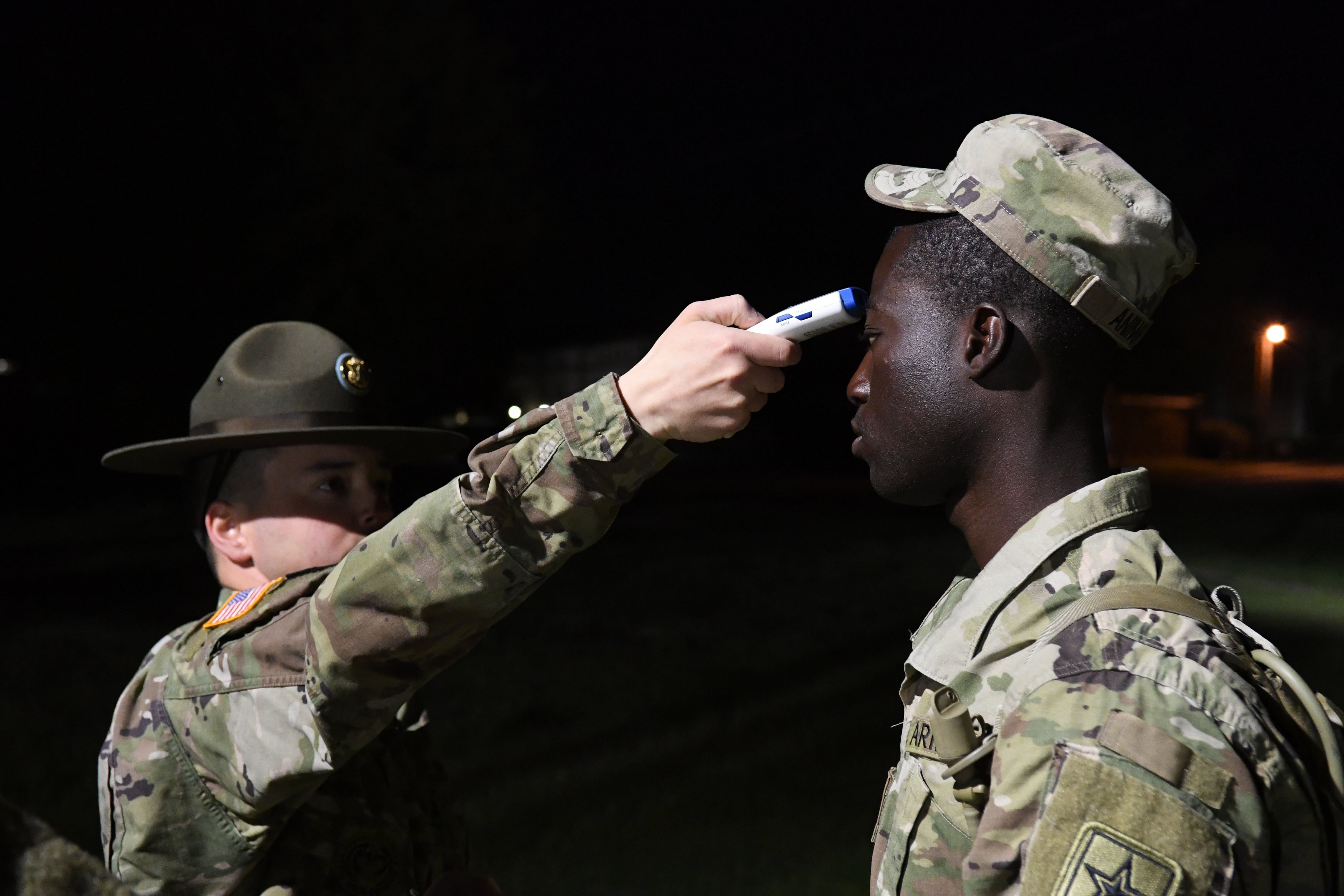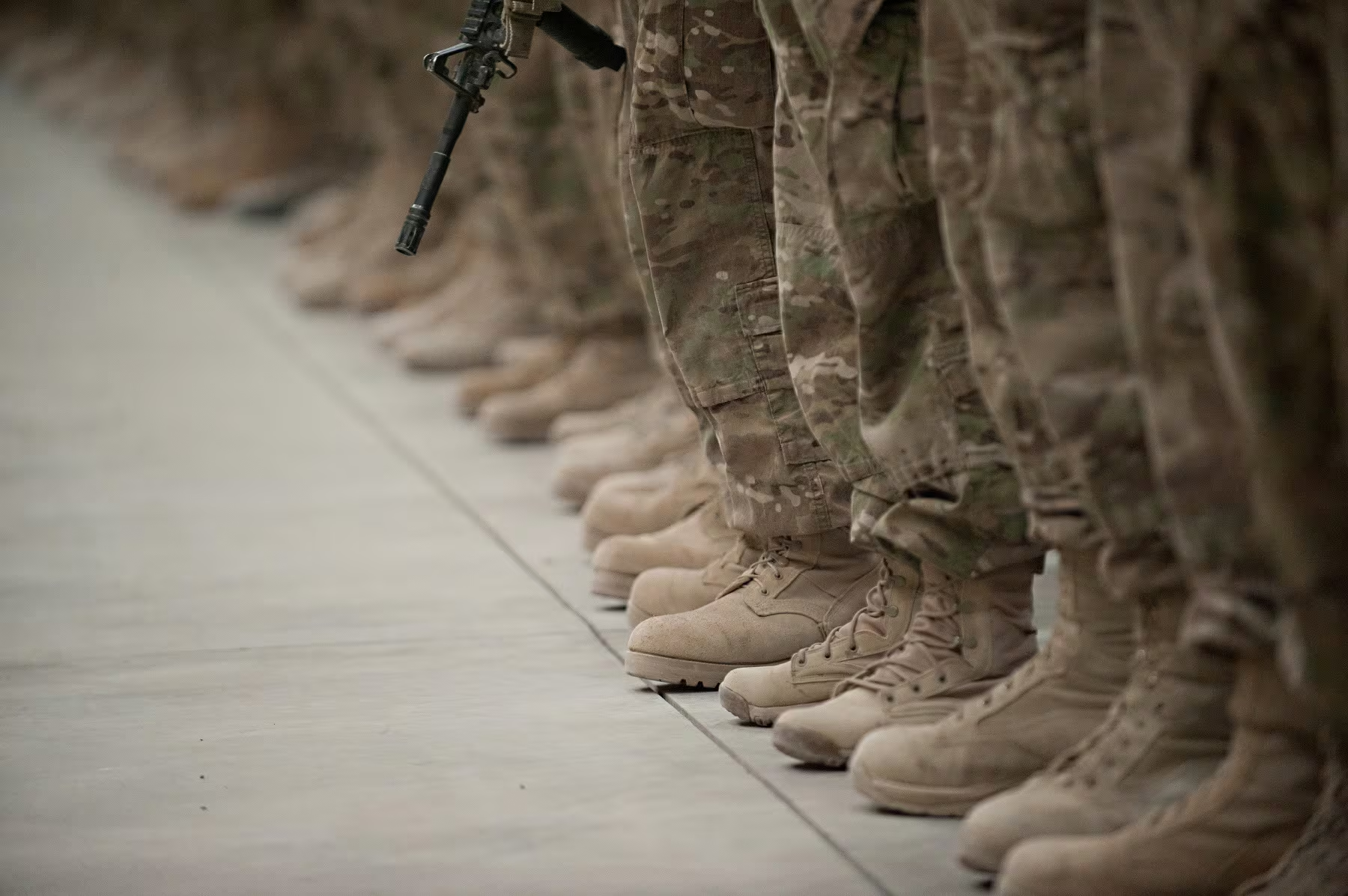Soldiers with separation dates on the horizon can voluntarily extend their service contracts for three months to a year, commitments much shorter than typically offered and intended to retain valuable troops during the coronavirus pandemic.
Extensions aren’t just for junior enlisted soldiers who might be leaving in the coming months. The service is offering similar options to those in its officer cohort and other soldiers who may be retiring.
“Whether it’s resignation, retirement or ETS for enlisted soldiers, they’re being offered the option to extend if they want to do that, or to reenlist or withdraw. Again, it’s on a voluntary basis,” said Maj. Gen. Joseph Calloway, who leads Army Human Resources Command, during a telephone call with reporters Tuesday.
About 250 enlisted and officers have requested to withdraw their retirements or resignations. Those soldiers come from a wide variety of military career fields, and the Army will screen their backgrounds to determine who is needed most.
“It’s actually all across the gamut of specialties,” Calloway added. “When we get that, we of course make an assessment: does the person have a record that is consistent with what we want to keep and do they have a specialty that is something the Army continues to need.”
RELATED

Drill sergeants, recruiters, aviators, military intelligence and cyber specialties, as well as medical personnel needed for the COVID-19 response, are among the career fields the service will likely need the most, Calloway said.
“Those are just examples. There are others, as well," he added.
There are no bonuses included with the short-term reenlistment contracts, according to a March 28 news release, which said there are about 9,000 soldiers who are within six months of leaving the Army and who are eligible for short-term reenlistments.
Staying in through the duration of the pandemic could also provide financial stability for soldiers who otherwise might be entering a rough economy. Unemployment has spiked during the pandemic, with the Department of Labor reporting about 22 million jobless claims over the past four weeks.
“Many soldiers were preparing to transition out, but their civilian job opportunities disappeared,” said Sgt. Maj. Stuart Morgan, the Army’s career counselor, in the news release. “We’re not just going to push a soldier out to the front gate and say ‘good luck.’ A job that may have been available two weeks ago has now disappeared.”
RELATED

Though staying in could be a smart financial choice for some soldiers, it could also help the Army avoid more dire retention policies, such as stop-loss orders. Like the rest of the service branches, the Army’s flow of new recruits has been slowing due to the restrictions on movement across the country and the ease with which the coronavirus transmits in the cramped conditions of basic training.
The Army restarted taking new recruits into basic training locations this week following a 14-day pause. The announcement that basic training would restart came as the service acknowledged that one training battalion at Fort Jackson, South Carolina, was found to have a cluster of 50 coronavirus cases.
Before recruit intake was paused, the Army had already reduced the number of arriving trainees by about 50 percent as part of its measures to increase social distancing at basic training.
Kyle Rempfer was an editor and reporter who has covered combat operations, criminal cases, foreign military assistance and training accidents. Before entering journalism, Kyle served in U.S. Air Force Special Tactics and deployed in 2014 to Paktika Province, Afghanistan, and Baghdad, Iraq.




